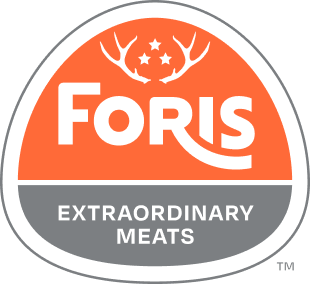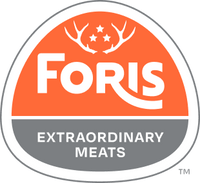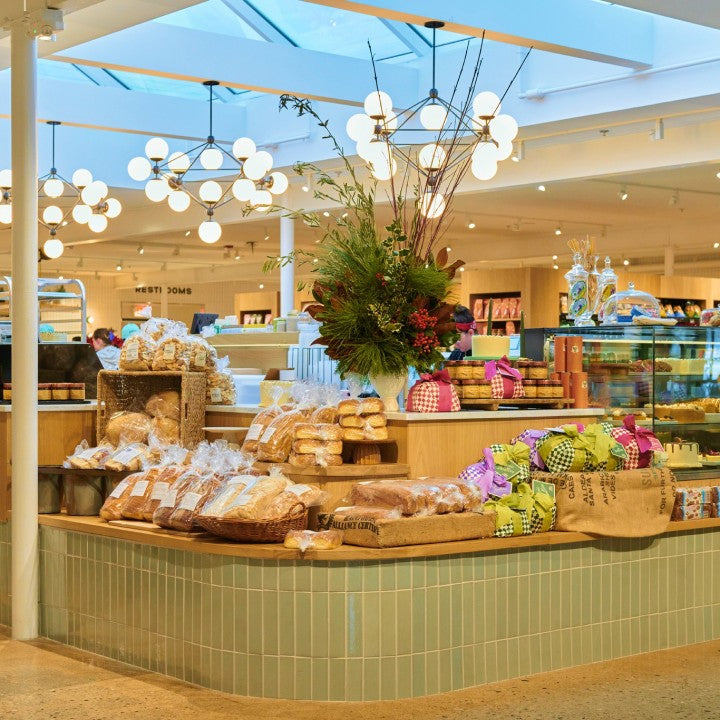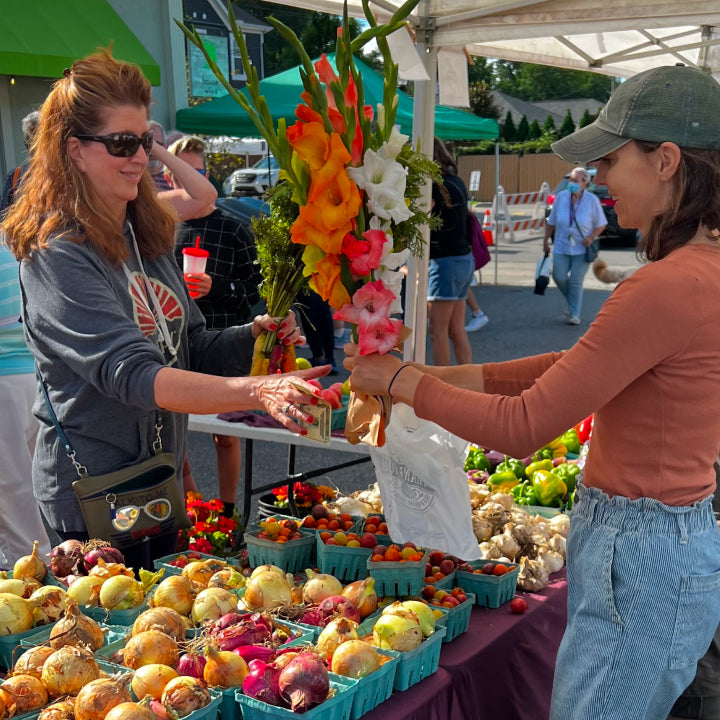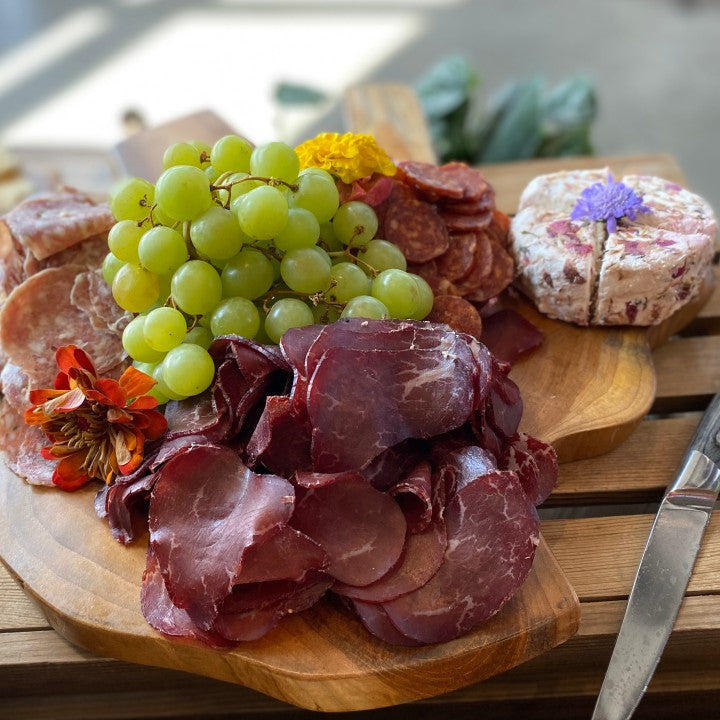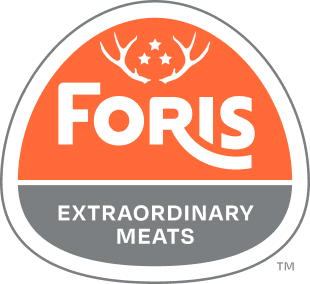New Products, New Distribution Channels Mean Survival for North Country Charcuterie


What happens when over half of your business disappears in one day?
It’s a position Ohio businesses of all shapes, sizes and industries found themselves in – sometimes facing worse percentages – on two fateful days in March 2020.
The first, Sunday, March 15, 2020, Ohio Governor Mike DeWine issued an executive order closing all bars and restaurants to dine-in patrons due to the coronavirus pandemic. One week later on Sunday, March 22, Ohio’s shelter in place order was issued, shuttering non-essential businesses.
Duncan Forbes, salami monger of North Country Charcuterie, says March 16 brought a lot of fear and uncertainty, both as human beings in an unprecedented situation and as a small, family-owned business.
“About 55% of our revenue was from restaurants, restaurants distributors and farmers markets,” Forbes says. “As far as we could tell, all of that was shut down.”
For the first week, things looked bleak. When there’s a global pandemic and everyone is sheltering in place, there’s a run on toilet paper, not premium cured meats, Forbes says.
That week, North Country also made the difficult decision to lay off its staff and shut down operations, leaving Forbes, his brother James and mom Jane.
“We went so far as to imagine our company wouldn’t last because we were so reliant on other businesses that were equally as impacted if not more so,” Forbes says
However, there were a few things working to North Country’s benefit. Examining their finances, Forbes says they had enough of a cushion that they could hold tight for a month or two and see how the situation continued to play out.
Their niche product of cured meats also held a unique advantage. Despite having ramped up production because of a strong start to the year that was double that of 2019, the large quantity of in-stock product – some 5,000 plus pounds – had a longer shelf-life.
Through observing and adjusting to trends, and leveraging existing relationships and capabilities, the next weeks and months would bring new products and new distribution channels that will have positive, long-term impacts on North Country’s business model.
North Country was ready to adjust to one of the first major trends that emerged in the weeks post-shutdown. Folks were shifting their purchasing behavior online.
At the end of 2019, the business had started to dip its toes into e-commerce and optimized its website and supply chain to handle online purchases.
“We also slashed our prices,” Forbes says.
While a premium product with premium ingredients, Forbes says they needed to make their cured meats more appealing to a broader set of customers. Initially it meant taking a hit.
“Everyone expects free shipping,” Forbes says. “We just need to get stuff out the door; we can’t be too concerned about margin right now, we’ve just got to get it out the door.”
E-commerce grew from 2% of North Country’s revenue to 20%.
Another stroke of luck came in existing relationships with grocery delivery companies Yellowbird Foodshed and Market Wagon – business sectors that were seeing skyrocketing demand during the pandemic.
North Country had been selling its charcuterie through the platforms that focus primarily on local products and produce, so it was the ideal location to introduce its new product line of fresh sausages.
Diversifying their product line had been on the table for North Country in 2020 before the pandemic struck. Forbes says they participated in Goldman Sachs 10000 Small Businesses program and walked away knowing they needed to diversify. That exploration didn’t quite have a timeline, but came to the forefront when the pandemic started.
Their facility had the capability to process fresh meat products – and the supply chain to make it happen. As the country became acutely aware of issues within the national, large-scale food supply chain, North Country’s supply chain remained in-tact as a small processor.
Creating fresh products meant bringing back North Country’s two biggest expenses – staff and pork – but from April into May they decided to take the leap and make it happen.
North Country developed recipes for its lineup of fresh products that include chorizo, hot Italian sausage, breakfast sausage and more. Forbes says sales took off when the fresh products became available through Yellowbird Foodshed and Market Wagon.
The partnerships with grocery delivery companies also repositioned one of North Country’s existing products. Their Coffee Bacon had primarily been a big seller with restaurants and a few stores. By adding the bacon to the delivery services, sales are up more than 9% compared to 2019.
Now, the fresh sausage and bacon account for over half – 53% – of North Country’s revenue.
Outside of major changes to their products and business model, North Country capitalized on the pandemic to leverage some unique partnerships and opportunities. They sold salami car door to car door as lines wrapped around the block waiting for hand sanitizer from their neighbor, Watershed Distillery. Thinking about how a consumer would use their product at home, they designed charcuterie kits to sell online. Restaurants that had been customers, like Wolf’s Ridge Brewing, sold whole sausages as an add-on item.

North Country’s customer base shifted from restaurants and restaurant suppliers to individuals and families. And it will likely stay that way.
Forbes says North Country won’t rely on restaurant and restaurant distributors as a major revenue stream moving forward, but if it does come, all the better.
“I really feel for our restaurant partners,” Forbes says. As temperatures cool off and patios close, “I’m not optimistic about things working out well for a lot of restaurants over next four months”
North Country will instead stay focused on e-commerce and other sales channels that are working, like grocery delivery.
The new, fresh products will become an important part of the business as well.
“Absolutely we will continue with our new product lines and try to do even more,” Forbes says.
